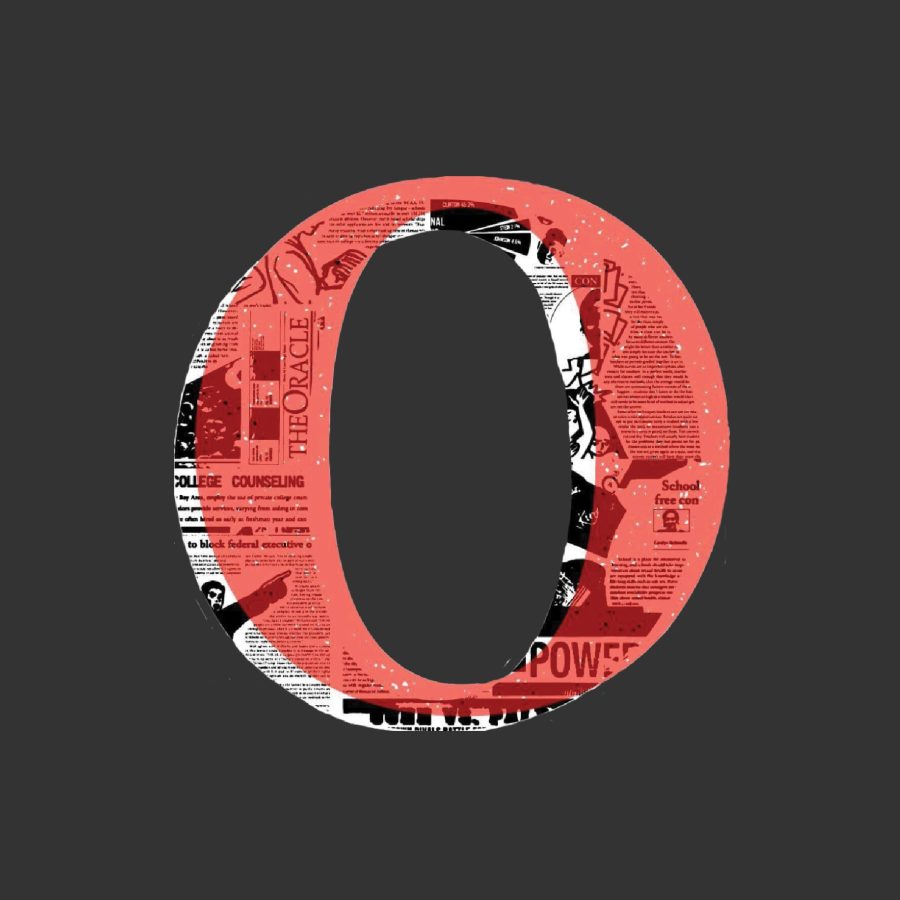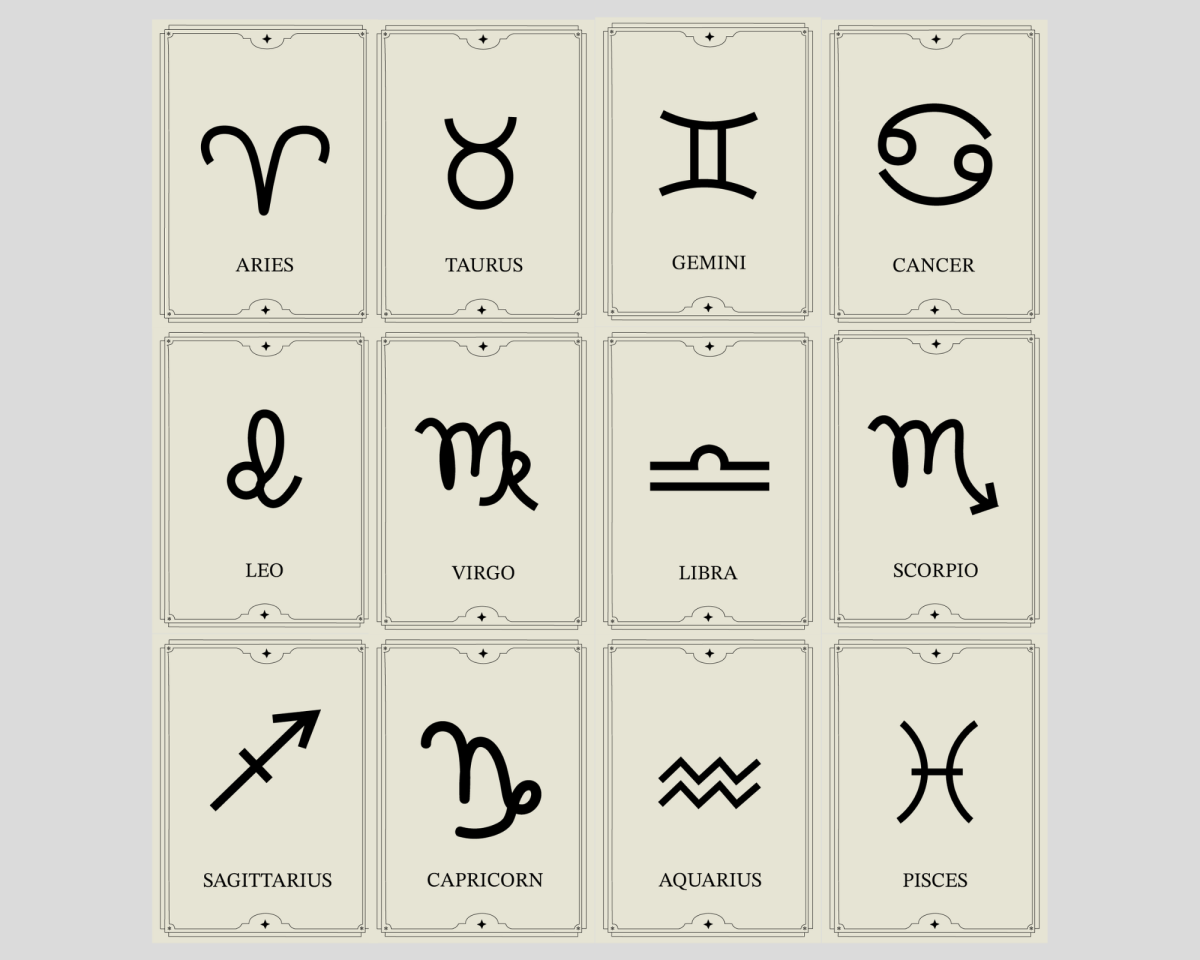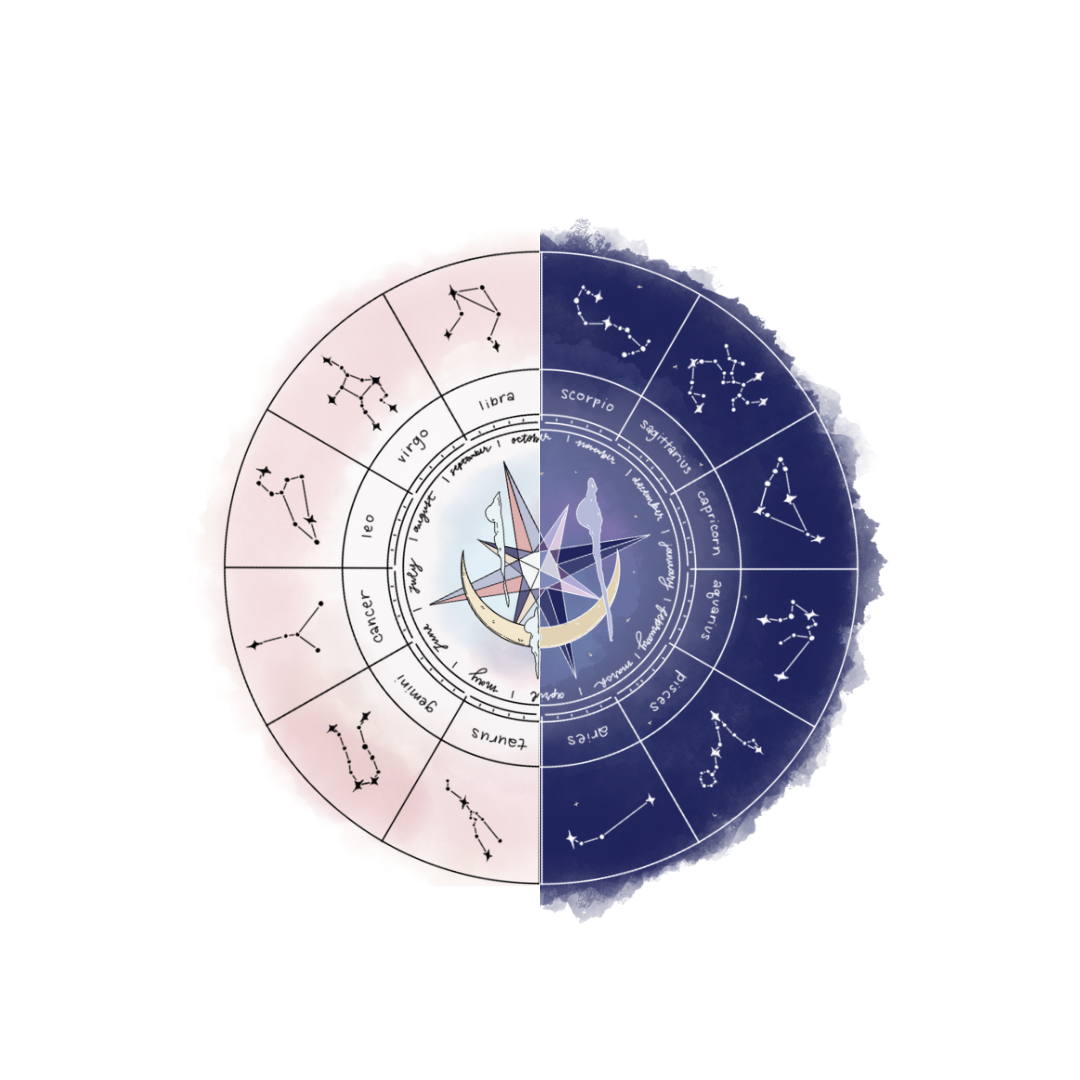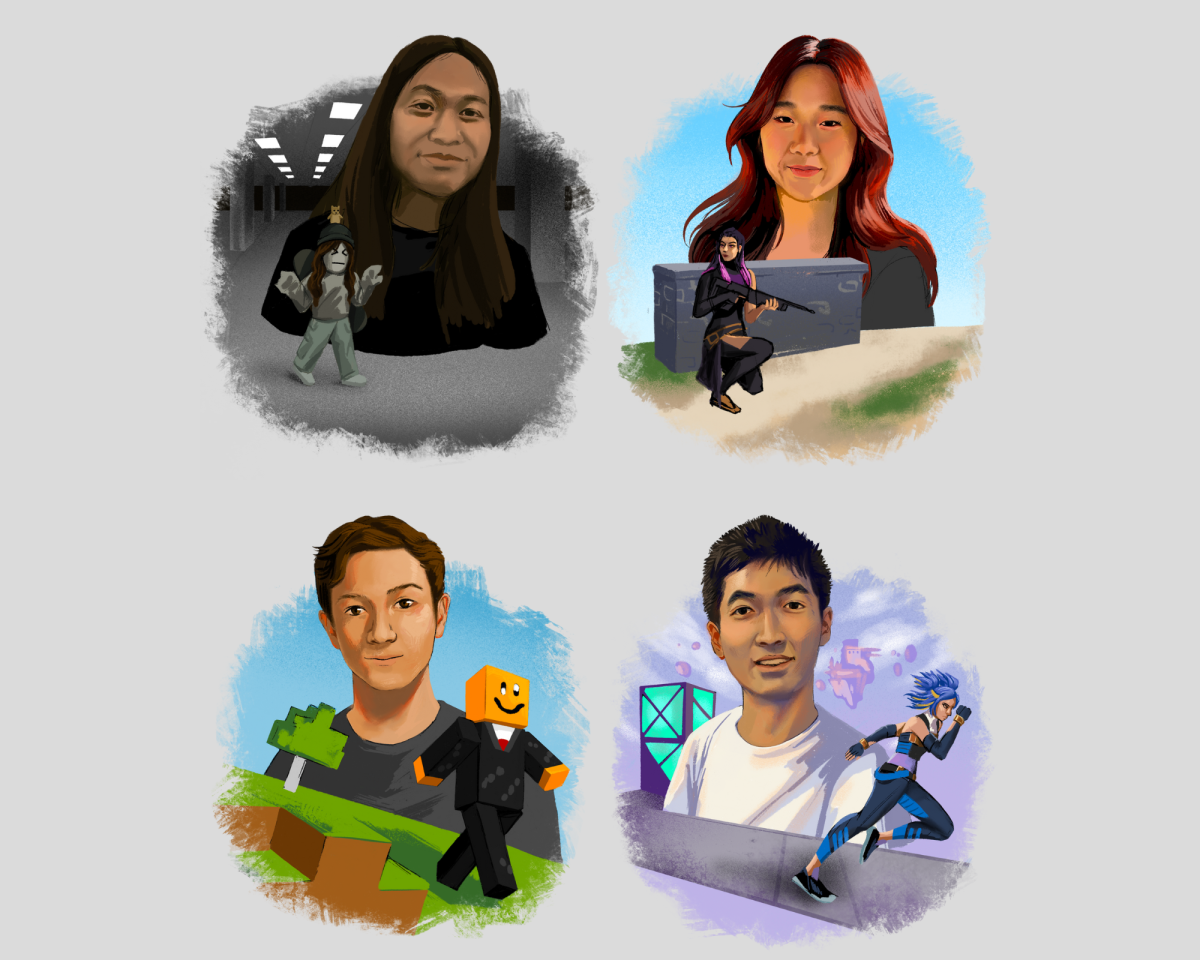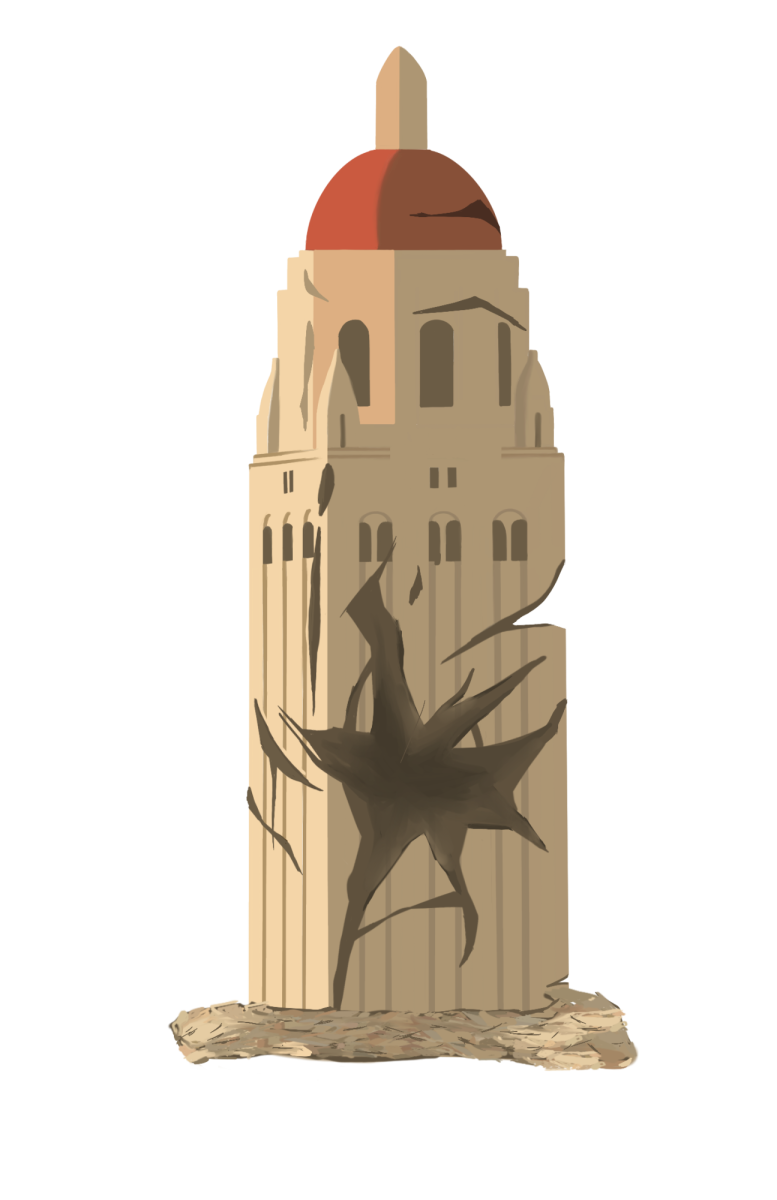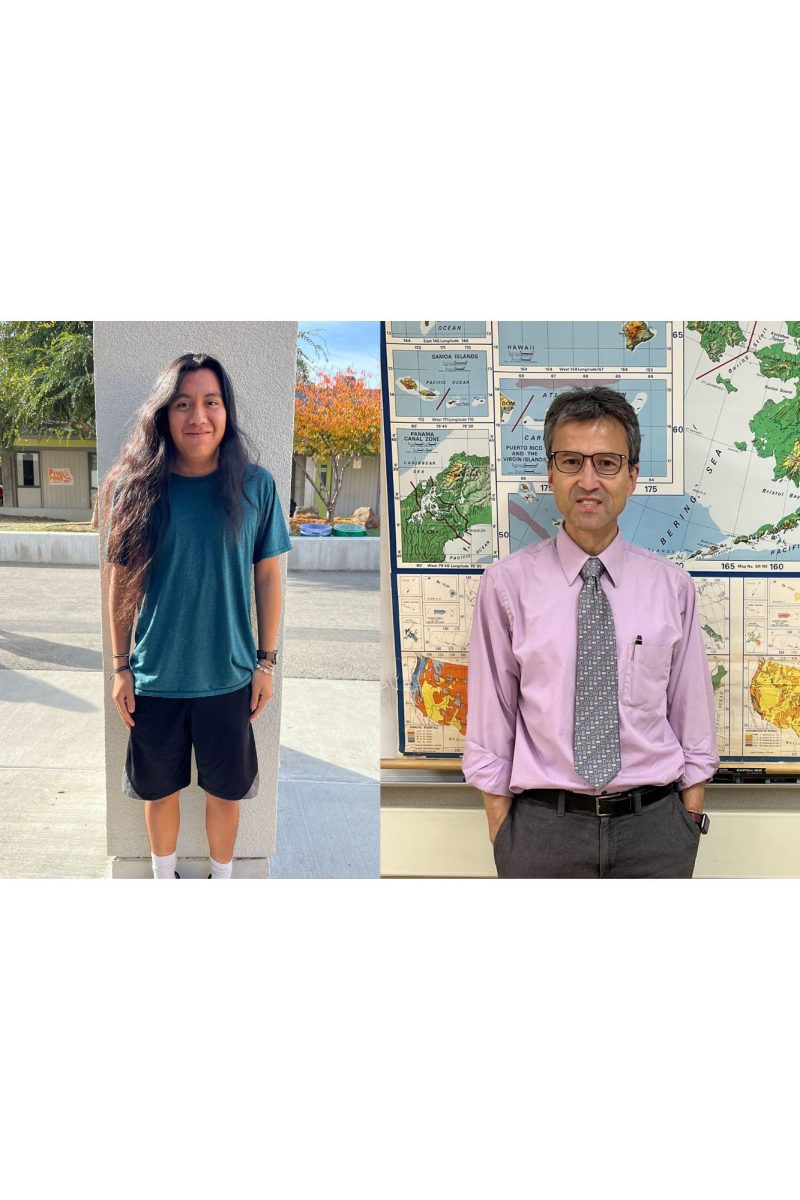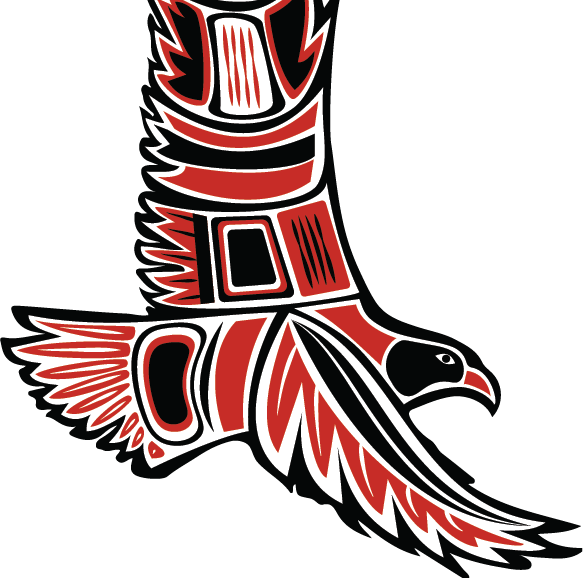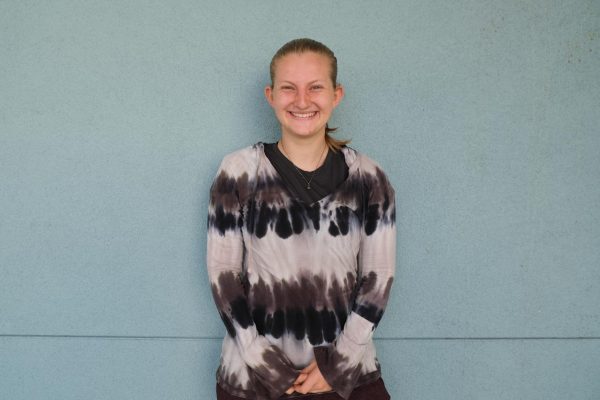Human records of watching eclipses date back thousands of years — many cultures had myths and legends to explain the astronomical phenomenon. It was a sight to behold: the sun being replaced by a dark circle, the sky darkening, animals freaking out and the temperature dropping. Today, many study eclipses for scientific purposes, but some eclipse watchers find a spiritual, astrological connection characteristic of the celestial event’s earliest sightings.
My decision to watch the April 8 solar eclipse at the center of the path of totality stems from a family tradition: After traveling to Missouri to see the 2017 solar eclipse, my family followed this year’s eclipse to the beautiful beaches of Mazatlan, Mexico, where we saw all four minutes and 26 seconds of totality as the moon’s shadow came in over the western coast.
If you are in the path of totality like I was, after second contact — when the leading edge of the moon hits the leading edge of the sun — the moon directly overlaps with the sun and you can take off your protective eyewear to stare directly at the sun. It truly is a moment that a camera cannot do justice — the split-second transition from watching the tiny, orange sliver of sun wane away to observing the breathtaking faux sunset over the ocean, the sun a brilliant halo encompassing the pure black circle of the moon.
While I don’t believe in astrology, I can see how some would want feel a spiritual connection to totality. Astrology, in its original form, is an attempt to find personal meaning in the cosmos — a way to use the stars to explain what seems inexplicable. And even though we now have scientific explanations for why it looks like “the sun has been eaten” (according to some of the earliest carvings of eclipses), it can be fun — and for some, meaningful — to attach personal significance to the event.
Across the U.S., astrology believers have connected this event to horoscopes and omens. Following the April 5 New York and New Jersey earthquake, netizens took to Twitter claiming that the earthquake was a bad omen. According to CBS, a Philadelphia astrologist said that the eclipse would be extra meaningful to people with certain zodiac signs and signify different life moments for them.
At the same time, our fascination with eclipses has also led to advances in astronomy, as they are key moments to study the moon, the sun, light and orbits. A 1919 eclipse confirmed Albert Einstein’s general theory of relativity three years after its publication. During this year’s eclipse, NASA sent out more scientific instruments by rocket to collect data on the eclipse’s effect on Earth.
Whether people look up at the skies to study the sun, find an astrological connection or take in the beauty of an infrequent natural occurrence, they gain appreciation for and curiosity about our world. While rare, eclipses are worthwhile and a reminder to reach for the sky. See you in Spain for the next one in 2026!



